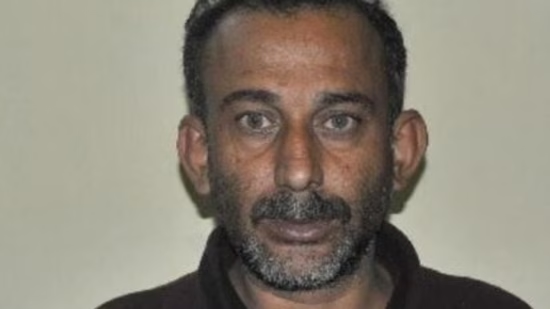Allahabad High Court Judges Revolt Against Supreme Court’s Order — Rare Show of Judicial Dissent Stuns Legal Circles
By Rajesh Pandey
In an unprecedented flashpoint between two pillars of the Indian judiciary, thirteen judges of the Allahabad High Court have openly opposed a Supreme Court directive that barred one of their colleagues — Justice Prashant Kumar — from hearing criminal cases until his retirement.
The judges have written a strong letter to Chief Justice Arun Bhansali, calling for a Full Court meeting and urging that the apex court’s directive, passed on August 4, 2025, should not be implemented.
The Defiant Letter
Circulated on August 7, the letter states: The Full Court resolves that direction made in para 24 to 26 in the subject order dated August 4, 2025 is not to be complied with, as the Supreme Court does not have administrative superintendence over the High Courts.”
The judges also expressed “anguish” over what they described as the tone and tenor of the Supreme Court’s remarks against Justice Kumar.
What Sparked the Clash
On August 4, a Supreme Court Bench of Justices J.B. Pardiwala and R. Mahadevan delivered a scathing order against Justice Kumar, accusing him of:
- “Cutting a sorry figure for himself”
- “Making a mockery of justice”
The rebuke came after Justice Kumar upheld criminal proceedings in what the apex court described as a purely civil dispute — an unpaid balance of money in a sale transaction.
Supreme Court’s Strong Words
The Bench minced no words: We are at our wits’ end to understand what is wrong with the Indian judiciary at the level of the High Court. At times, we are left wondering whether such orders are passed on some extraneous considerations or it is sheer ignorance of the law. Whatever it be, passing of such absurd and erroneous orders is something unpardonable.”
The court found it alarming that Justice Kumar not only permitted a criminal case for “criminal breach of trust” in a civil money dispute, but even suggested it would be a quicker route to get the unpaid balance, as a civil suit would be too slow.
The Larger Problem: Criminalising Civil Disputes
Legal experts have long warned about the dangerous trend of misusing criminal law for matters that are essentially civil. These include:
- Money recovery disputes
- Cheque bounce cases
- Contractual disagreements
- Property and inheritance conflicts
- Commercial transaction disputes
In April 2025, then Chief Justice of India Sanjiv Khanna had strongly criticised the Uttar Pradesh government for allowing this practice to flourish, calling it an abuse of process.
The Supreme Court, in this latest case, reiterated the principle that civil disputes should be resolved through civil remedies, not by using the criminal justice system as a weapon.
What Happens Next
The Supreme Court has relisted the case, but the open resistance from 13 High Court judges has added a new dimension to the matter. This kind of open disagreement between the highest court in the land and a High Court bench is rare and could have lasting implications for judicial discipline and independence.
A Rare Judicial Standoff
This is not just about one judge or one case. It’s about jurisdiction, constitutional authority, and the balance of power within India’s judicial system. The coming weeks will reveal whether the apex court’s order will stand firm, or whether this internal pushback will set a new precedent in Indian judicial history.
#SupremeCourt #AllahabadHighCourt #JudicialRevolt #JusticePrashantKumar #HighCourtJudges #JudiciaryIndia #BreakingNews #CourtClash #JudicialIndependence #RuleOfLaw #IndianJudiciary #CivilVsCriminal #LegalNews #SCOrder #JudicialMisconduct #XUpdate #InstagramNews #FacebookNews #JusticeWatch #IndiaLegalSystem #ViralNewsIndia




